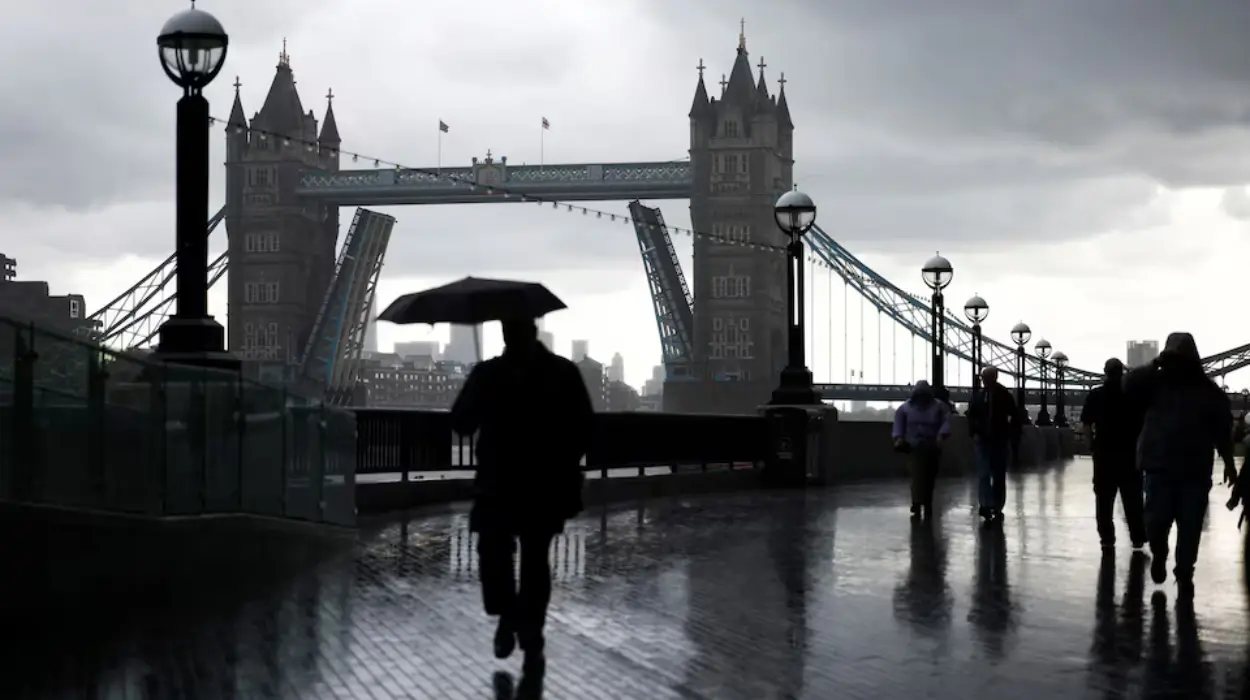London (Parliament Politics Magazine) – Labour minister Liz Kendall begins a review of the state pension age, warning of rising costs and growing pensioner poverty without urgent long-term reform.
As reported by The Independent, Work and Pensions Secretary Liz Kendall has announced a review of the state pension age, raising the possibility of a future increase.
Liz Kendall’s views on pensioner poverty risk
During a speech in London, Liz Kendall relaunched the Pensions Commission and warned that pensioner poverty will worsen without major reform.
She pointed out the financial strain of the triple lock, noting its £32bn yearly cost to the Treasury.
According to her, pensioner numbers will increase by more than 50% by the 2070s, while the working-age population will see only a 10% rise.
She warned,
“It is even more imperative to help future pensioners put into a savings pot they can rely on in the future.”
Ms Kendall said,
“Put simply, unless we act, tomorrow’s pensioners will be poorer than today’s, because people who are saving aren’t saving enough for their retirement. And crucially, because almost half of the working age population isn’t saving anything for their retirement at all.”
The pensions secretary also confirmed a new statutory review of the retirement age. She admitted the challenges of shaping future pension plans, given the ongoing cost-of-living crisis.
Ms Kendall acknowledged that,
“many workers are more concerned about putting food on the table and keeping a roof over their heads than saving for a retirement that seems a long, long way away, and many businesses face huge challenges in keeping profitable and flexible in an increasingly uncertain world.”
She warned that too many people are failing to save for retirement, with Age UK figures showing 2 million pensioners already living in poverty.
Ms Kendall highlighted a sharp drop in pension saving among the self-employed, revealing that just one in five now save for retirement, down from 50% in the late 1990s.
After a major rebellion by Labour backbenchers, her attempt to cut £5bn from the welfare bill, mainly from disability payments, was scrapped.
She also faces growing backlash over Labour’s U-turn on compensating WASPI women, who were hit by a 2015 change that delayed their retirement age by five years with minimal warning.
How will the pension age hike affect future retirees?
Under existing rules, the pension age in the UK is reviewed regularly and currently stands at 66. Denmark, in contrast, has become the first nation to raise it to 70 for those retiring after 2040.
The review comes in the wake of an Age UK report estimating that pensioners retiring in 2050 will face an £800 annual income gap compared to today’s retirees.
What did Damon Hopkins say about raising the pension age?
Damon Hopkins from Broadstone stated,
“We would not be surprised to see an acceleration applied to the increase of the state pension age.”
He added,
“The combination of an ageing population and the huge fiscal cost of the state pension would suggest that a change is inevitable. A lower or later state pension would, of course, double down the need for reform in the private savings landscape.”
What did Nigel Farage say about the UK’s retirement age?
Reform UK leader Nigel Farage has warned that the UK’s retirement age will “inevitably” increase in response to increasing life expectancy.
He said,
“I share the concern with pensions being unaffordable on a national level. I also share the concern at the absolute scandal of the private pensions industry, which has served people terribly but done frightfully well for itself.”
Mr Farage added,
“We’re going to have to face the reality that if people are living longer and longer, then inevitably retirement age is going to have to rise.”
What did Paul Nowak say about pension inequality?
Paul Nowak, the general secretary of the TUC, stated,
“Far too many people won’t have enough pension for a decent retirement, and too many – especially women, BME [black, Asian and minority ethnic] and disabled workers and the self-employed – are shut out of the workplace pension system altogether.”


